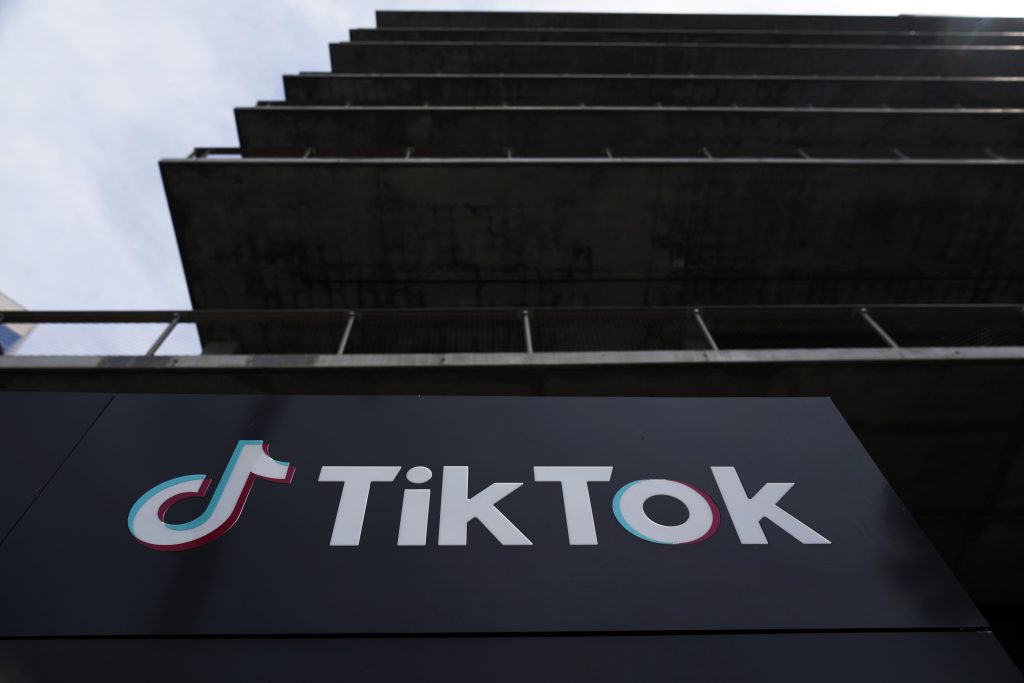TikTok’s fate in the United States hangs in the balance as the popular video-sharing app fights for its survival against a looming ban. The company has made an emergency appeal to the Supreme Court, seeking to halt the enforcement of a federal law that would effectively prohibit its operation in the U.S. unless its Chinese parent company, ByteDance, divests its stake. This legal battle has escalated rapidly, with TikTok arguing that the ban, scheduled to take effect on January 19th, poses a dire threat to its business, its American users, and the broader digital landscape. The stakes are extraordinarily high, with TikTok projecting a substantial loss of users and advertising revenue even with a temporary suspension. This showdown unfolds against a backdrop of complex legal arguments, national security concerns, and the evolving political landscape surrounding the incoming Biden administration.
At the core of TikTok’s appeal is the argument that the ban infringes upon First Amendment rights, positioning the app as a crucial platform for free expression and communication. The company contends that a rushed implementation of the law would have devastating consequences, not only for its operations but also for the millions of American users and content creators who rely on the platform for connection, entertainment, and livelihood. TikTok has urged the Supreme Court to grant a brief delay, allowing the new administration time to evaluate the matter and the Court to conduct a thorough review before potentially silencing this prominent channel of communication. This plea for a reprieve underscores the urgency of the situation and the far-reaching implications of a potential ban.
Counterbalancing TikTok’s arguments are the national security concerns raised by critics of the app. These anxieties stem from ByteDance’s Chinese ownership and the perceived vulnerabilities associated with potential data access by the Chinese government. This tension between national security and individual freedoms has been a recurring theme in the debate surrounding TikTok, highlighting the challenges of balancing competing interests in the digital age. The Supreme Court’s decision will likely hinge on how it weighs these considerations – the potential risks to national security versus the potential infringement on First Amendment rights. This delicate balancing act underscores the complexity of the case and the broader implications for the future of online platforms.
Adding to the intricate legal and political landscape is the unexpected shift in tone from President-elect Donald Trump. Previously a staunch advocate for banning the app, Trump has recently expressed a more conciliatory stance, even promising to “save TikTok.” This change in rhetoric coincides with reports of a meeting between Trump and TikTok CEO Shou Chew at Mar-a-Lago. Trump’s evolving position on the matter introduces another layer of uncertainty into the already complex situation, leaving many to speculate about the motivations behind his apparent softening and its potential impact on the legal proceedings.
The procedural path of the case adds further complexity. TikTok’s emergency appeal to the Supreme Court follows the denial of a similar plea by a federal appeals court. This denial, while a procedural step, paved the way for the case to reach the highest court in the land. The Supreme Court’s response will be critical. Chief Justice John Roberts, who oversees emergency appeals from the D.C. Circuit, will consult with the other justices. The Court could expedite the process, hearing arguments and issuing a ruling by mid-January. Alternatively, it could temporarily suspend the law’s enforcement, allowing for a more comprehensive examination of the constitutional and other pertinent issues. A rejection of the appeal, however, would force TikTok to comply with the ban, potentially leading to its disappearance from U.S. app stores and severing its connection with American users.
The implications of the Supreme Court’s decision extend beyond the fate of a single app. This case could set a precedent for how the U.S. government navigates the increasingly complex relationship between technology, national security, and freedom of expression. The outcome will not only determine TikTok’s future in the United States but could also shape the legal and regulatory landscape for other social media platforms, particularly those with foreign ownership. This landmark case will likely have a profound impact on the future of online communication and the balance between national security and individual liberties in the digital realm.










